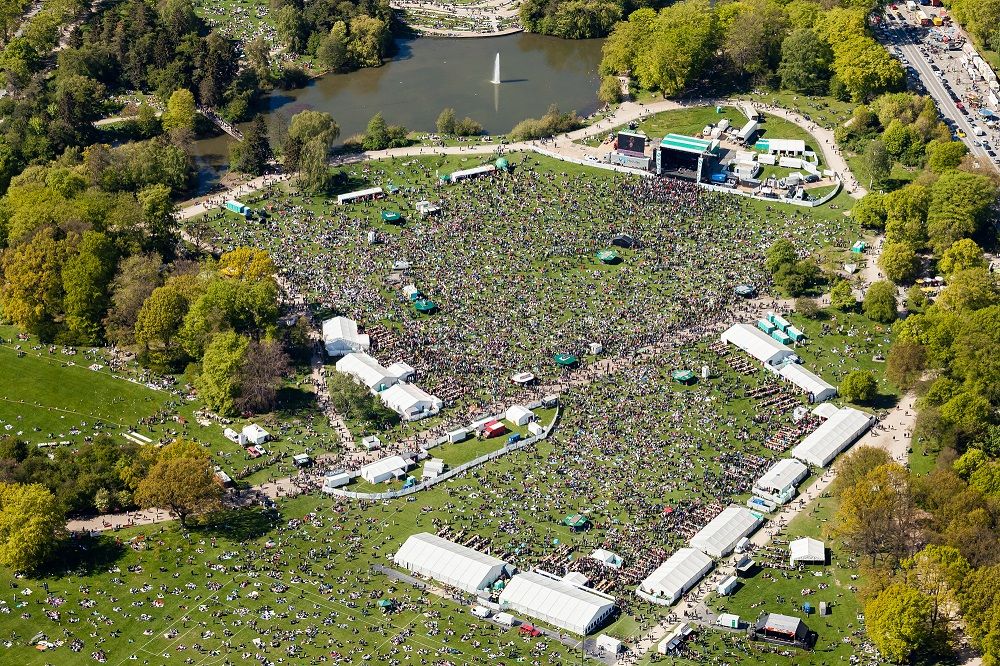Labour Day, May 1, has been marked since the start of the last century by huge gatherings of workers to celebrate the labour movement. The festivities typically include socialist discourses, homage to the unions, speeches from leading left-wing politicians and lots of music, beer and hot dogs.
In many countries the day is a public holiday; it is not in Denmark, though many employees are allowed to take the day off to participate in the gatherings.
With improving working conditions and employee rights increasingly becoming part of society’s general democratic values, many of those involved with the labour movement believe the day has lost many of its socialistic attributes. For young people in particular, the day is about partying in the park.
May day mayhem
However, not all May 1 celebrations are peaceful. Allan Steen Kristensen, 19, was arrested on May Day 1978 after a bomb exploded in Fælledparken during the celebrations. It was the last in a series of nine pipe bombs in Greater Copenhagen that started on 4 August 1977 and gave Kristensen two nicknames: ‘the Gladsaxe bomber’ as this was his home town, and ‘the reverse 7’ due to the logo on his letters.
Kristensen made his bombs using instructions issued to the Danish resistance during the war. Five of the bombs exploded, while four were discovered and disarmed before they could explode.
Several of the bombs were placed in telephone boxes, which resulted in all Copenhagen telephone box doors being removed (and later telephone box designs without doors). The ‘Rulle-Marie’ robot used by the army to disarm bombs and bomb-like objects was also a result of the work of the Gladsaxe bomber. As well as telephone boxes, Kristensen placed the bombs in a car, on a bus and at Lyngby’s shopping mall.
Perhaps the most spectacular location was a sandpit at a school in Gladsaxe. The bomb was connected to a toy and was discovered when a child was seen running about with the bomb trailing from the toy, which had failed to explode because the battery had become disconnected.
Caught red-handed
Kristensen sent a number of letters to the police and newspapers, signed with a reverse 7, in which he threatened to expand his activities. He also included the words ‘leve facismen’ (‘fascism lives’) and numerous spelling mistakes.
But his luck ran out at the Communists’ Labour Day event at Fælledparken in 1978. The bomb exploded in his hands; he lost several fingers and was arrested by the police. Three people were injured in the other explosions – one still had metal shrapnel in his body 28 years later.
Kristensen was later sentenced to five years in jail. After being paroled in 1981, he trained as a chemical engineer, married, had two children and kept out of trouble. He died in 1997, aged 38, reputedly of a weak heart. This was the same year that a film based loosely on him, ‘Det store flip’ (‘Wild Flowers’), was released.













